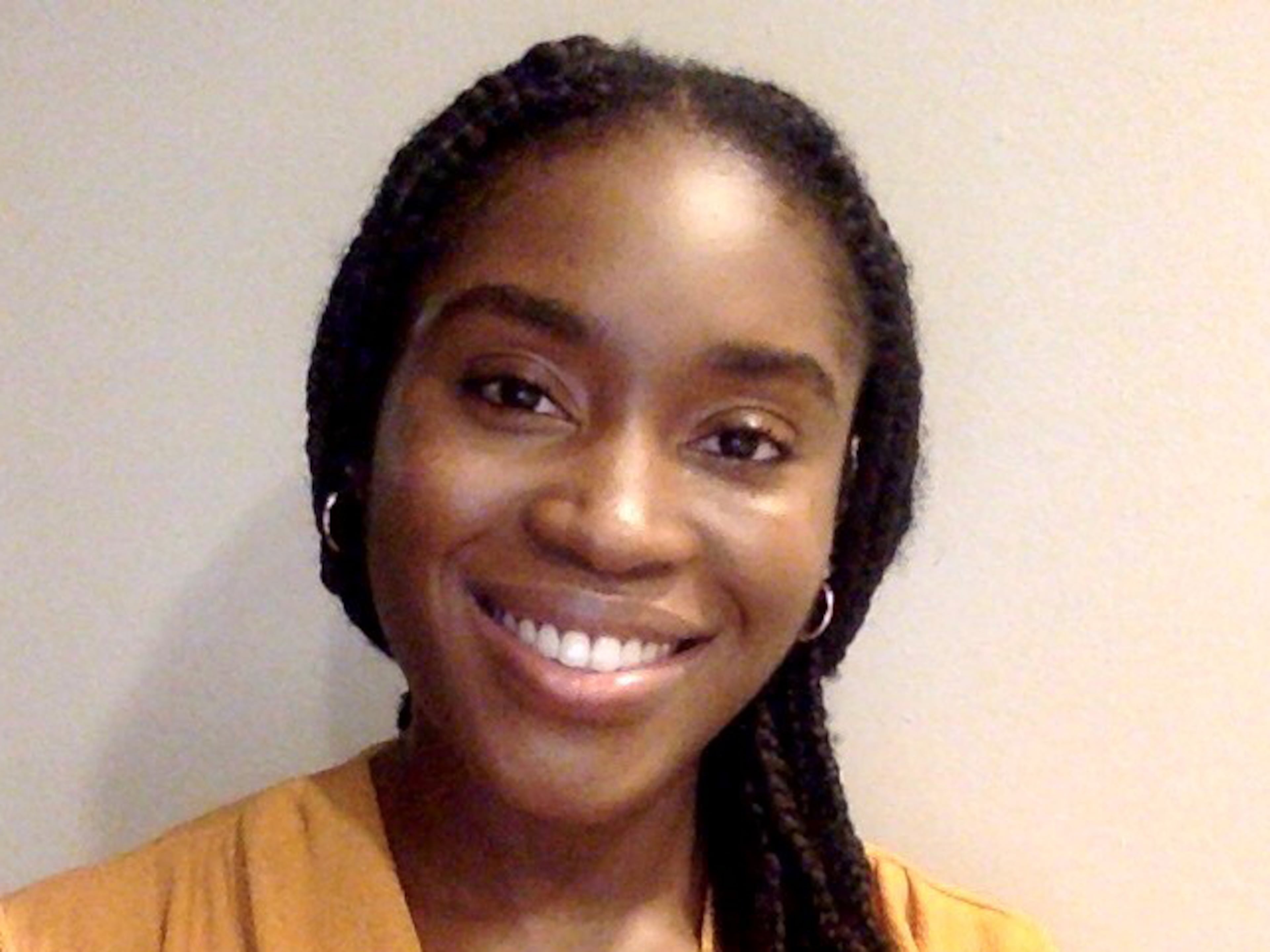Opinion: Ask Gen Z why they may not vote
As the Last of the Millennials (or an Early Gen Z depending on the source), I’ve watched the “Go Out and Vote” argument from both sides of the fence. I’m someone who has decided to vote. I have scanned the room, looked at my options, and decided to give voting another chance if it means a political departure from the last four years. It feels like the only rational choice, but when I said that to my 20-year-old brother, I realized that me seeing no choice but to vote was me showing my age. My brother is someone I’ve jokingly dismissed as a TikTok Teen (don’t tell him I said that), but I’d never question his depth of insight when it comes to the social issues of today.
He’s a young Black man growing up in a media age that hasn’t let him forget it. Before Trayvon Martin’s death, the journey to cultural competency and wokeness was a pilgrimage. It showed introspection and a hunger for answers. Today, it’s nearly a graduation requirement. That all goes to say that when my little brother comments on the state of the nation, I listen.
It wasn’t long ago when he told me he was deciding on whether or not to vote. I rushed to respond “What do you mean deciding to vote? Do we have a choice at this point?” In the conversation that followed, I realized that there’s a generation of people who have explored their options thoroughly and voting was barely making the list.

The voting conversation on Twitter has been an interesting back-and-forth for me. I make it known that I am not particularly enthusiastic (but privileged) to vote, but that might be endemic of my status between generations. There’s an older generation of people who believe only in the privilege of voting. They cite Jim Crow, Women’s Suffrage, the Voting Rights Act, and the Civil Rights Act knowledgeably and tactfully. Their cultural context is one formed around voting as hard-fought entry into a system that, despite its flaws, works. However, there’s a younger generation that’s resigned to vote – and it’s not because of an attitude problem. I ask that we give younger people, the ones dismissed as “the people that must not want anything to change” some understanding.
As we look back on the last 20-plus years that define the Gen Z political and social experience, we’ve seen a political system sputter and fail. We’ve had our highlights with the election of Barack Obama, the 44th president. However, that victory stacks against a more-disappointing political reality, one that a generation of young people has been conditioned to think about constantly. In their classrooms and on their social media feeds they’ve seen the American government fail to recognize climate change, fail to protect schoolchildren from guns, fail immigrants, and ultimately fail to elect a woman (who won the popular vote). Young people aren’t voting because they feel defeated – not entitled.
When it comes to voting, we can justifiably point a finger at the role disinformation plays. Disinformation is information that is false and deliberately created to harm a person, social group, organization, or country. In the last 5 years especially, social media tactics bent on keeping voters' eyes off the ball have been a political staple. Campaigns have been built off the frenzy a knee-jerk reaction to a sound bite can cause. However, before you cite that as what’s “clouding” Gen Z’s judgment, ask yourself if young people are the only ones touting half-truths on social media to explain their political allegiances.
If the goal is to get young people to the polls, we’re going to have to do a lot more than shame them. Let’s start by acknowledging candidates who did stir young people into action at the polls. Consider what they offered: an abrupt departure from the status quo. Like anyone else who’s known hopelessness, we have to be willing to meet Gen Z’s non-voters halfway. By citing historical disenfranchisement as a reason to vote, we also have to level with current disillusionment. We have to sit down with the fact that telling young people that voting is the only choice they’ve got is essentially asking them to “trust us on this one.” Perhaps with the right amount of patience and a willingness to engage, they might … .
Tola Ebunlomo graduated from Princeton University’s School for Public and International Affairs before working as a research analyst at an immigration and policing nonprofit. She is now a second-year medical student at the Emory University School of Medicine. These views are her own.


